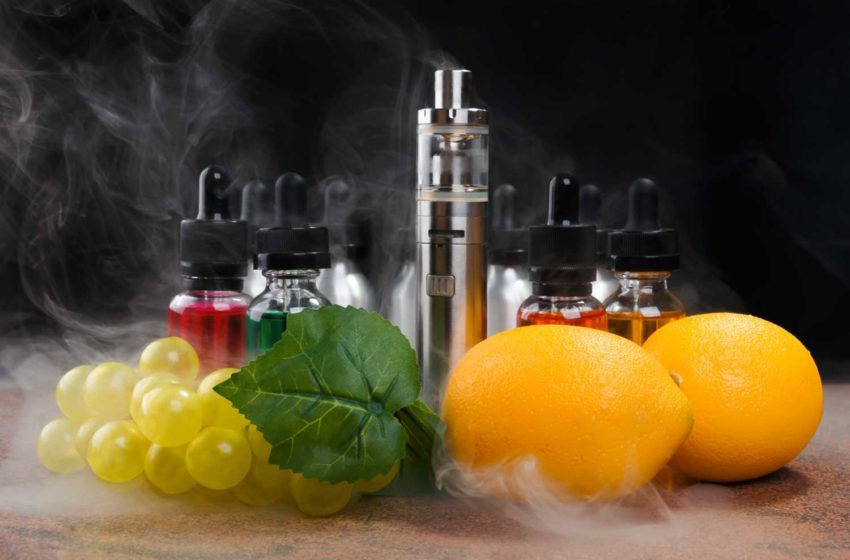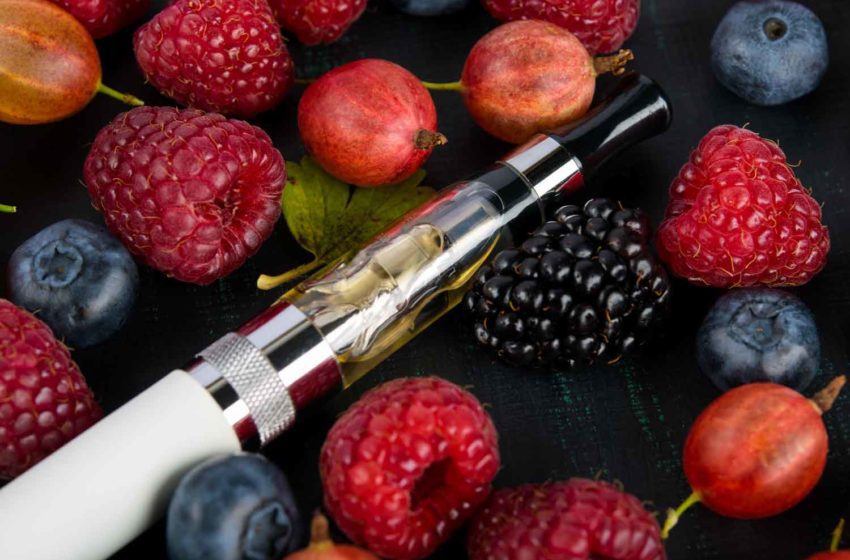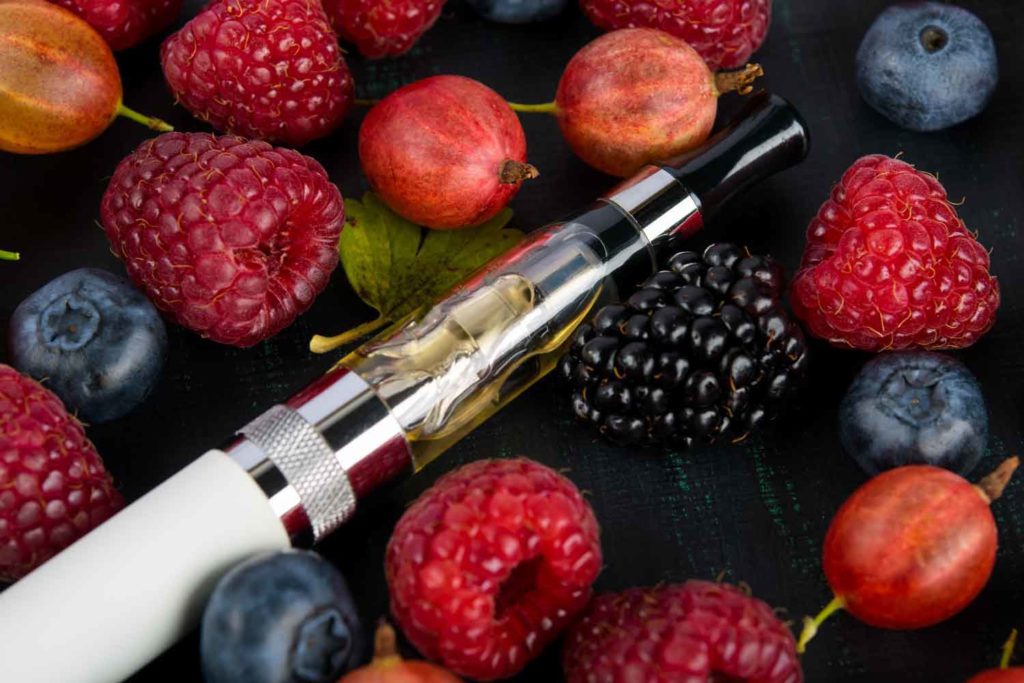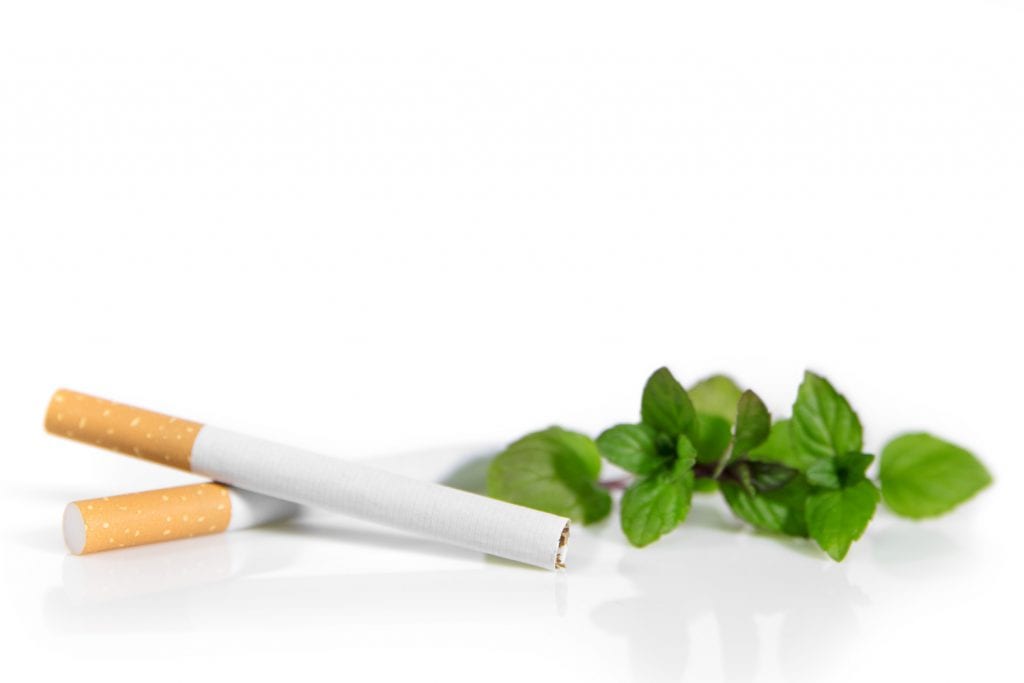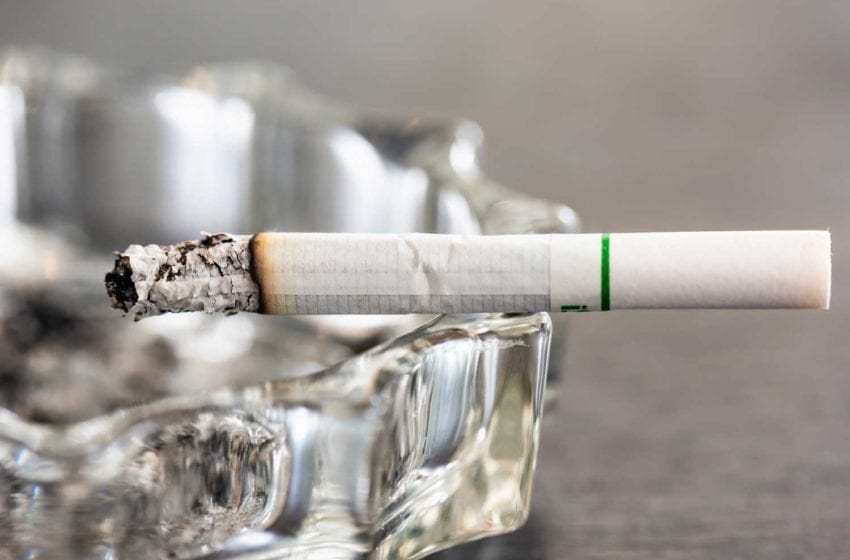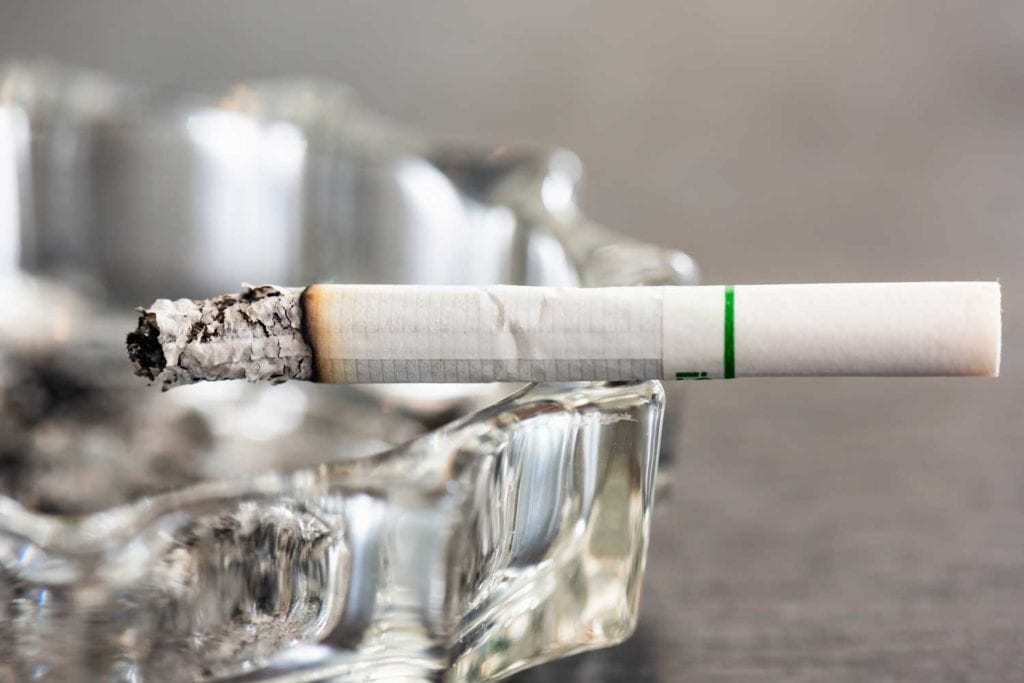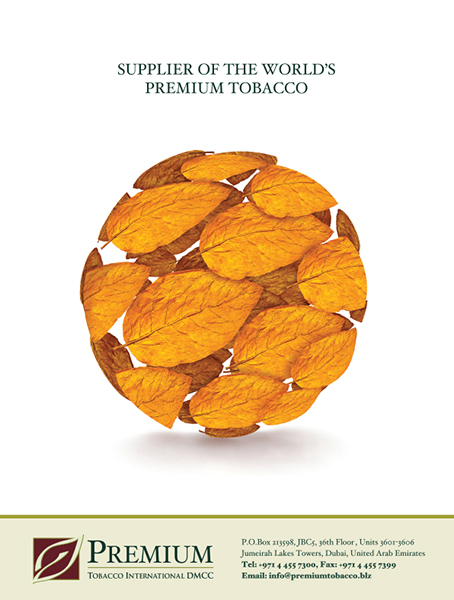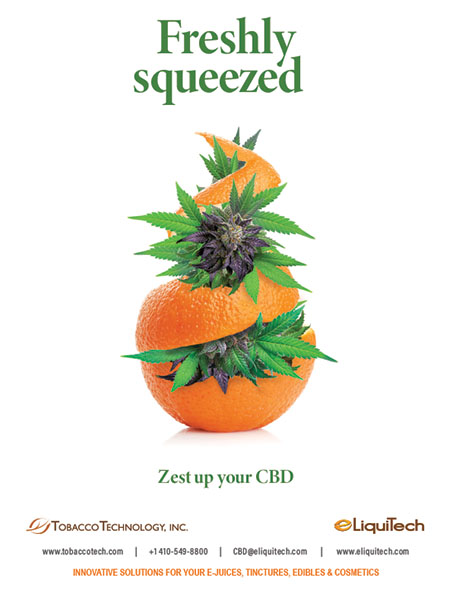
Seven leading public health, medical and parent organizations are urging the U.S. Food and Drug Administration to expedite decisions on remaining marketing applications for e-cigarettes and promptly deny applications for all flavored e-cigarettes, including menthol-flavored products.
The organizations say they are concerned about these products’ appeal to youth and the adverse impact on public health.
In a letter to acting FDA Commissioner Janet Woodcock, the groups also urged the FDA to prioritize enforcement against unauthorized flavored e-cigarettes with the largest market shares and products with the highest prevalence of youth use.
The groups sending the letter are the American Academy of Pediatrics, American Cancer Society Cancer Action Network, American Heart Association, American Lung Association, Campaign for Tobacco-Free Kids, Parents Against Vaping E-Cigarettes and Truth Initiative.
Since Sept. 9, the FDA has denied marketing applications for more than 1,167,000 products, but it has yet to issue decisions on e-cigarette brands with the highest market shares, such as Juul, Vuse, NJOY and blu, which make up over 78 percent of the market, according to Nielsen data.
The health groups expressed particular concern that the FDA is still considering whether to authorize any menthol-flavored e-cigarettes and urged the FDA not to do so given the clear evidence that menthol is a flavor that appeals to and is widely used by kids.
“Contrary to the FDA’s Aug. 26 statement that menthol e-cigarette products raise ‘unique considerations’ for purposes of FDA review, we do not believe there is anything ‘unique’ about menthol flavoring that would justify issuance of a marketing order,” the groups wrote in their letter. “Indeed, there is no question that when FDA decided to prioritize enforcement against cartridge-based e-cigarettes in flavors other than menthol and tobacco, youth shifted to using menthol-flavored products.”










